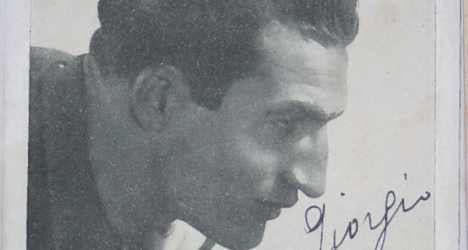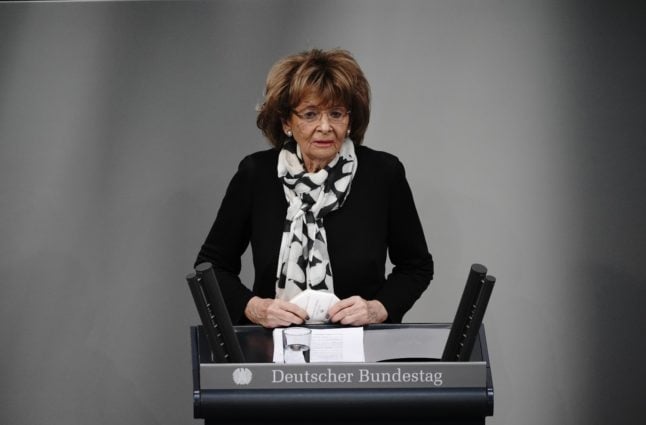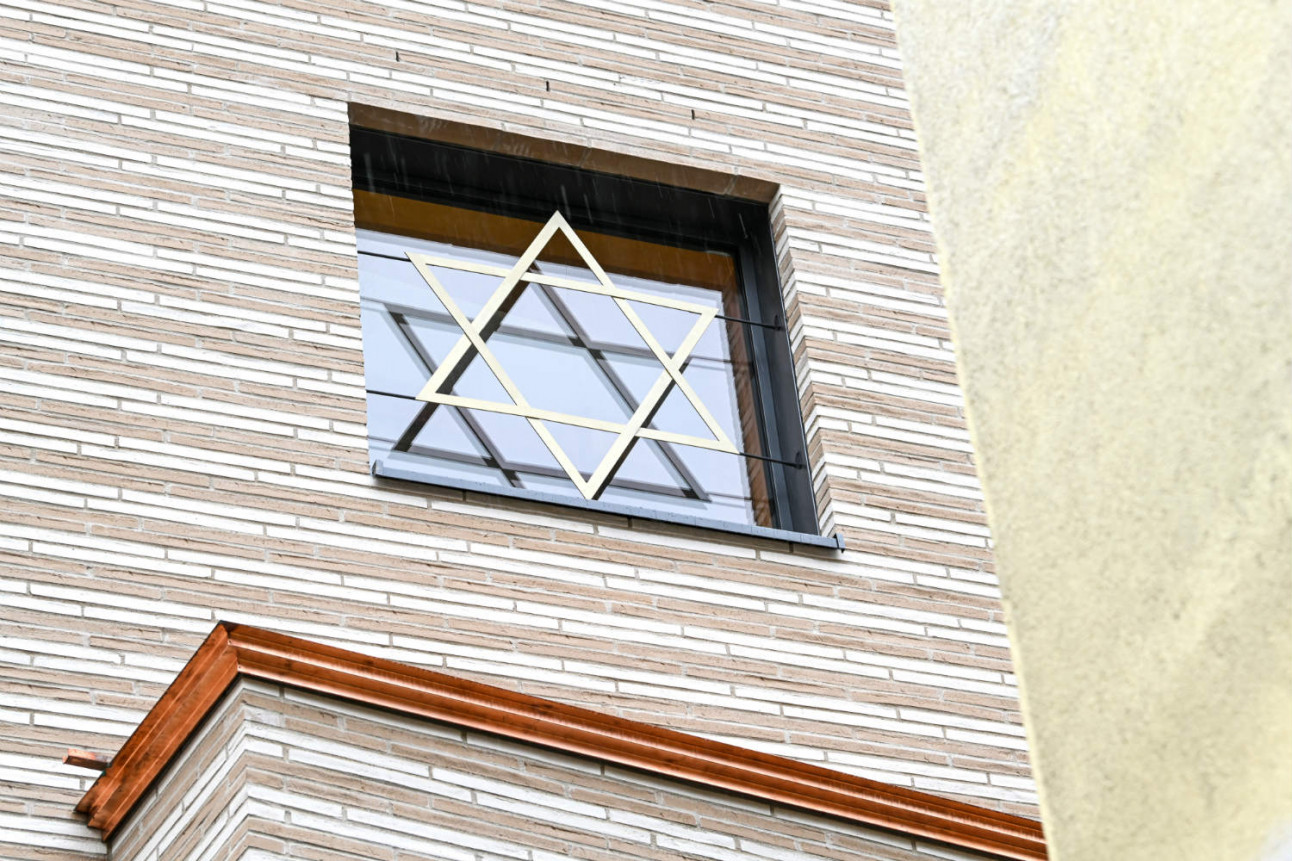Gino Bartali, twice winner of Tour de France and three times champion of the Giro d’Italia, was given the honour of Righteous Among the Nations on Monday. The Yad Vashem list celebrates courageous people who risked their lives to help Jewish people during the Holocaust.
Bartali, who died in 2000 at the age of 85, aided the resistance by using his cycling prowess in wartime Italy.
“He collaborated with the underground by putting false papers inside his bicycle seat and cycling between cities,” Iael Nidam-Orvieto, director of the Yad Vashem International Institute for Holocaust Research, told The Local.
“The underground network was set up by Jewish people and the chief rabbi of Florence, with help from the clergy. It was a beautiful collaboration between Jews and non-Jews."
As the resistance movement involved a number of people, it is unknown exactly how many people Bartali saved. His role in the movement has had to be pieced together without his input, as the cyclist refused to be interviewed about his experience.
“Bartali was an extremely humble person and he believed these rescue activities did not deserve any remembrance or documentation,” Nidam-Orvieto said.
Each person honoured by Yad Vashem museum, including more than 500 Italians, stands out for the extraordinary lengths they went to in order to help people during the Second World War.
“The Righteous were a very small number of people compared to the majority of society that didn’t do anything. Each case is an amazing example of solidarity,” Nidam-Orvieto added.
After the war Bartali made an impressive return to competitive cycling and scooped the 1946 Giro d’Italia title and the Tour de France in 1948. During the interwar era, he won the Italian tour in 1936 and 1937, followed by the Tour de France in 1938.
Don't want to miss a story about Italy? – Then join The Local Italy on Facebook and Twitter.




 Please whitelist us to continue reading.
Please whitelist us to continue reading.
Member comments